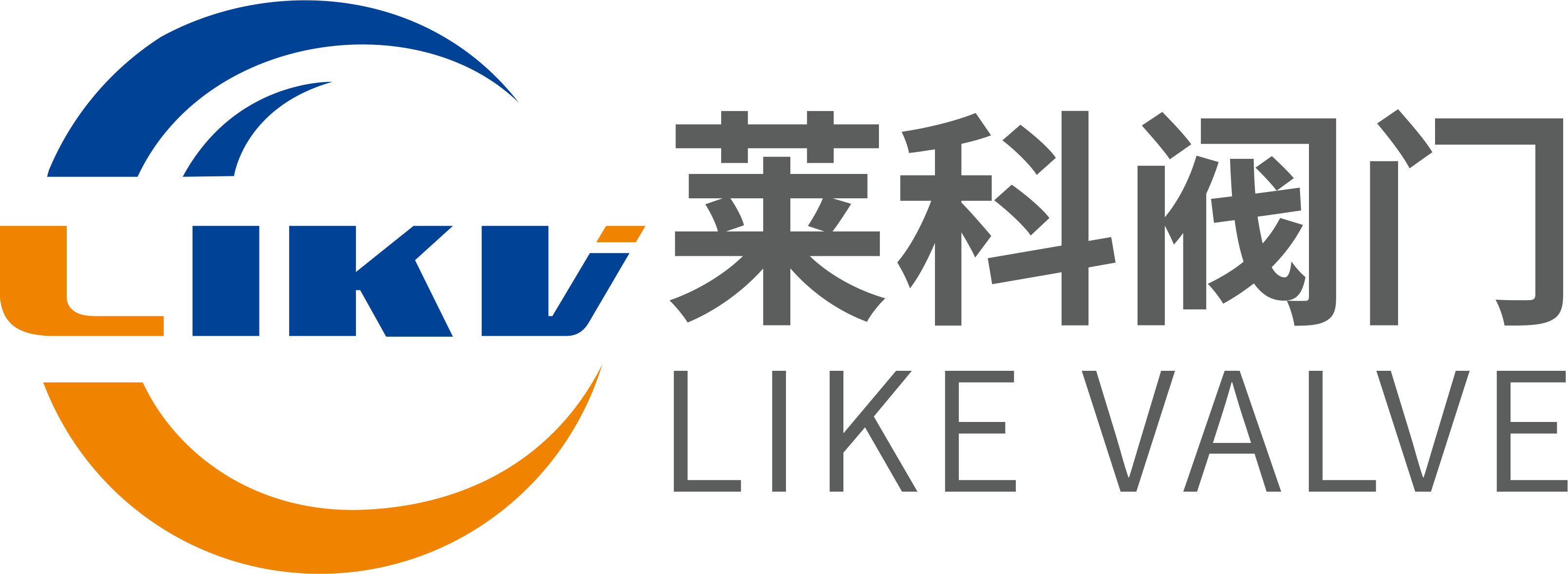Safety Use Standards and Practice for German Standard Bellows Globe Valves in the Chemical Industry

Safety Use Standards and Practice for German Standard Bellows Globe Valves in the Chemical Industry
In the chemical industry, safety is the primary consideration for all operations. The German standard bellows globe valve is widely used in the chemical industry due to its excellent sealing performance and reliability. This article will explore the safety usage standards and daily practical suggestions for German standard bellows globe valves in the chemical industry.
Safe Use Standards
- Material selection: German standard corrugated pipe globe valves used in the chemical industry usually use highly corrosion-resistant materials, such as stainless steel 316Ti or Hastelloy alloy, to adapt to various corrosive chemicals.
- Pressure testing: All valves must undergo strict pressure testing before leaving the production line to ensure that they operate within the specified working temperature and pressure range without leakage.
- Leakage rate standard: According to the DIN EN ISO 10497 standard, bellows globe valves should meet the corresponding leakage level, usually Class IV, which means zero leakage.
- Fire safety certification: The German standard corrugated pipe globe valve should comply with the Fire Safety requirements of ISO 10497, and can prevent medium leakage even in the event of a fire, ensuring the safety of personnel and equipment.
- Control system integration: The bellows globe valve should be able to be integrated into the control system to achieve remote monitoring and automatic control, reducing the possibility of human error.
Daily practical suggestions
- Regular inspection: Regularly inspect the bellows globe valve, including visual inspection, sealing performance testing, and flexibility testing of the actuator.
- Correct installation: When installing the valve, ensure to follow the manufacturer's instruction manual and consider the flow direction of the fluid, the working pressure of the valve, and the special requirements of the working environment.
- Training operators: Operators should receive professional training to understand the working principle, correct operating methods, and emergency handling procedures of bellows globe valves.
- Record maintenance history: Establish detailed maintenance and repair records, track valve usage and historical performance, for data analysis and prediction of potential issues.
- Develop emergency plans: Clear emergency plans should be developed for possible equipment failures or accident leaks, and regular drills should be conducted to ensure quick and effective response in emergency situations.
In summary, by adhering to the safety usage standards and practical recommendations mentioned above, the chemical industry can maximize the performance advantages of German standard bellows globe valves while ensuring the safety of the entire production process. With the advancement of technology and the updating of industry standards, the design and safe use of German standard bellows globe valves will continue to be improved in the future to meet the growing safety needs of the chemical industry.












